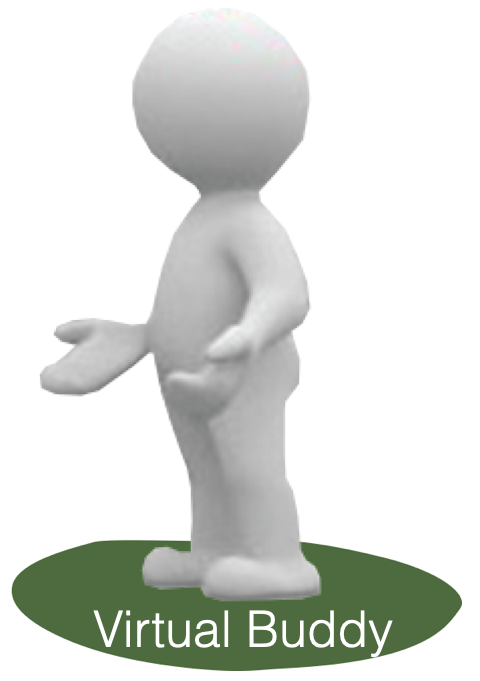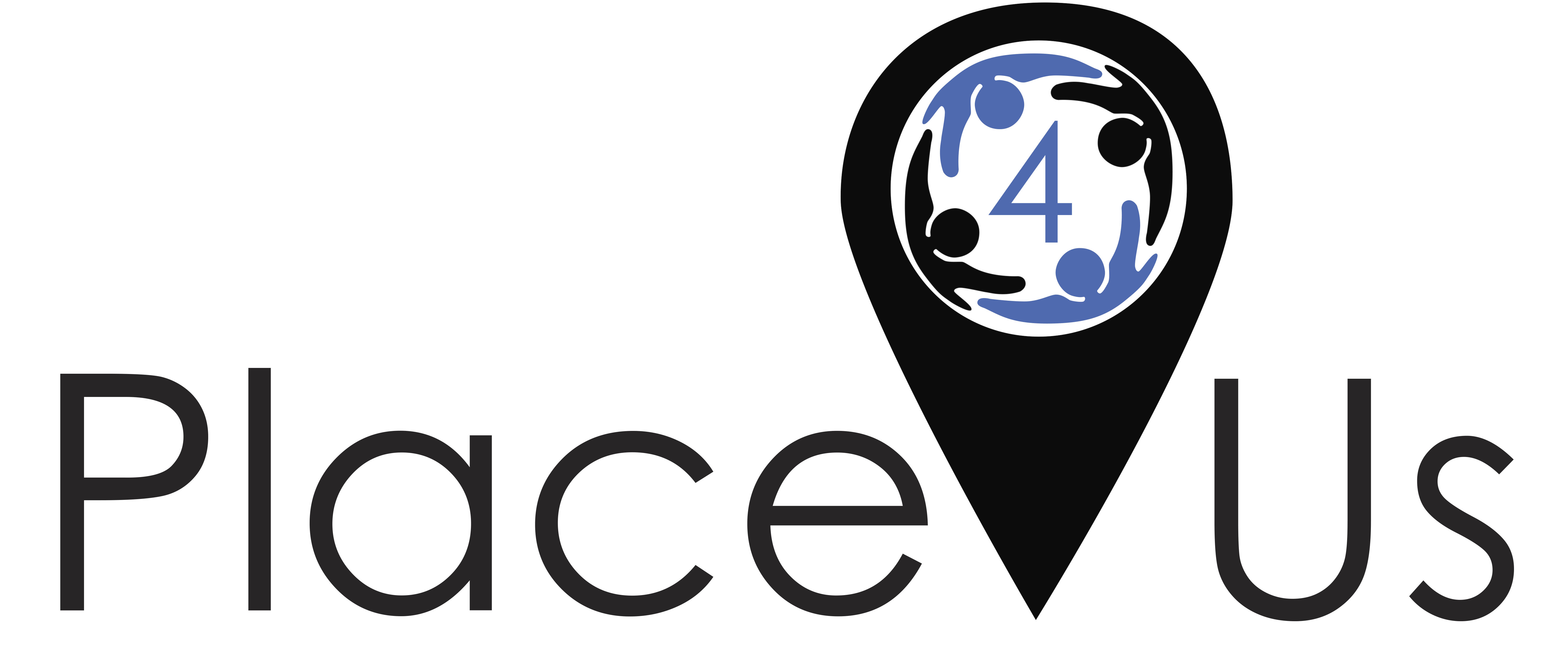About Place4Us and the Virtual Community Centers | Login to meet me:  |
Place4Us CybersecurityPlace4Us has a strong focus on cybersecurity. The cybersecurity concept has four main challenges:
Place4Us Authorities and RolesThe access of Place4Us participants to entities, activities, information and data is governed by the owners of on entity, who determines which authorities are required to have access, and the authorities that a Place4Us participants have. E.g., a Deliberation Room in a VCC may only be open to VCC members. This implies that all other guests and all Place4Us participants who are not a member of this VCC can discover the Deliberation Room but have no access to the deliberation in this room.Place4Us has a set of carefully designed authorities that users must have in order to carry out many of the tasks in VCCs or on the Town Square and in the Harbor. Similar to the physical world, a number of these authorities require a user to demonstrate sufficient knowledge before the authority is being assigned. For example, only a user with the authority "Librarian" can publish documents in a VCC Library. A user can only get the "Librarian" authority if the user understands the rules, laws and regulations that govern what can be published. A user asking for the authority will have to complete a concise test demonstrating sufficient knowledge to be a librarian. VCC administrators can decide what information in their VCC is publicly available or only for VCC members. For floors in a VCC, the VCC admins also can set levels determining who has access to the floor. For entities on a floor, the owner of the entity (that is, the user who initiated the entity) can again restrict access to the entity. Access restrictions filter down from VCC to floor and floor entities. For example, if a VCC is only open to Place4Us participants, then a floor in the VCC cannot be open to the public. If, for example, the Governance floor in a VCC is only open to selected VCC members, then, for example, the Steering Committee on this floor is only open to these selected members or a subset of these members. In some cases, specific roles are assigned to Place4Us participant. For example, VCC administrators can carry out many administrative tasks for their VCC, including for example managing the authorities of the VCC members and assigning specific roles to them. The chair of, e.g., a working group (WG) has the authority to organize meetings and to assign the role of writing minutes to a WG member. The chair may also have the right to change the WG membership and assign a few roles to WG members. The rights of participants concerning the use of information and data they hav access to are regulated in the general terms of use for Place4Us. Individual VCCs may have additional terms that all Place4Us participants will have to respect. Privacy of ParticipantsPlace4Us participants can and should populate their own personal profile. In this profile, they can set several variables that govern whether they are discoverable, what level of personal information is shared withing the VCC(s) they are a member of, platform wide, or with the public, and what messages are sent to them. If a Place4Us member sets up an Expert room in one or more VCCs, then they can set specific access rules for these room(s). Likewise, a VCC member who sets up a personal room on the "Who we are" floor can restrict access to this room as needed. Preventing unauthorized AccessThe Place4Us platform and all data are currently hosted on a web hosting account. This account is password protected, and the password is regularly changed. Acces to the account based on the password is extremely limited in terms of who has access to the password and in numbers of logins. Access to the account for developers is key-based, which adds a high level os security. Access to the files on the account is regulated and protected by the web-hosting provider at the most advanced level currently available. Blocking DisinformationAll activities on Place4Us are monitored by those who use the platform. As soon as a participant or guest notices any activity or information that could indicate disinformation or inappropriate actions, the person can and should submit a note. The chanel for that is to the "Leave a Note" function that is available currently on most entities. It will be available soon on all entities. The notes are private notes to the owner of the entity (e.g., a VCC, a Deliberation Room, a Library item). If the owner does not react to a note, then the note is passed on to the next higher level and, in case no action is reported, to the Ethics Committee. |
